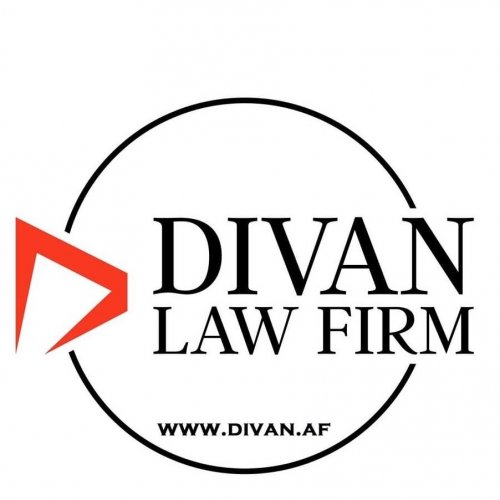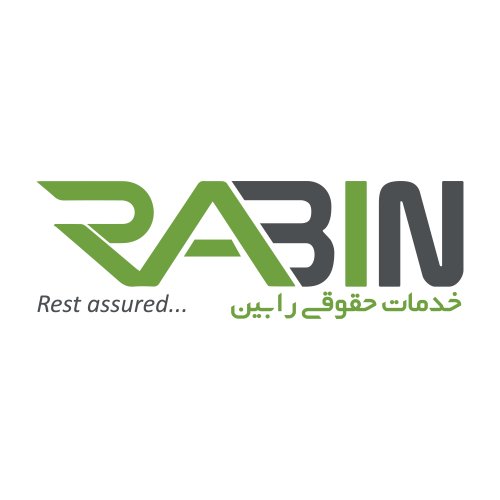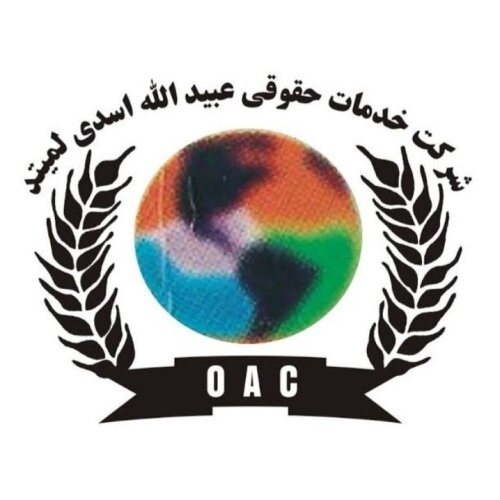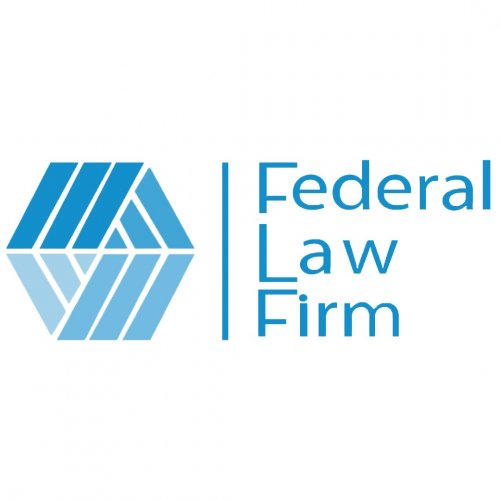Best Intellectual Property Lawyers in Kabul
Share your needs with us, get contacted by law firms.
Free. Takes 2 min.
List of the best lawyers in Kabul, Afghanistan
About Intellectual Property Law in Kabul, Afghanistan:
Afghanistan's intellectual property landscape is still emerging, with a legal framework based mainly on the Afghan Civil Law, Afghan Commercial Law, the Trademark Law (2009), the Patent, Industrial Design, and Integrated Circuit Law (2008), and the Copyright Law (2008). These laws seek to protect inventions, industrial designs, trademarks, and works of authorship.
Why You May Need a Lawyer:
Given the complexities of intellectual property law and the language barriers commonly faced in Kabul, it's often necessary to seek legal assistance. This can become pertinent if you're looking to patent an invention, register a trademark, protect a business idea, or if you're involved in a dispute related to intellectual property rights. Lawyers skilled in this field can guide you through the stipulated procedures, help you understand the legal landscape, and ensure your interests are adequately protected.
Local Laws Overview:
The key aspects of intellectual property law in Kabul revolve around the Trademark Law, Patent, Industrial Design, and Integrated Circuit Law, and the Copyright Law. The Trademark law provides protection to registered trademarks for a period of ten years, which is further renewable. The Patent, Industrial Designs and Integrated Circuit Law allows individuals to secure protection for their inventions and designs for a specified period. The Copyright law accords protection to creative works including written works, software, music, and films. It’s essential to understand punctual registration, due process, and legal enforcement of these rights are necessary under Afghan law.
Frequently Asked Questions:
1. Are foreign Intellectual Property rights recognized in Kabul?
Although Afghanistan is a member of the World Intellectual Property Organization (WIPO), it is not a participant in any international IP treaties. Therefore, foreign IP rights are not directly enforceable. However, foreigners can register their rights under local law.
2. How do I register a trademark in Kabul?
Trademark registration requires filing the necessary application with the Afghanistan Central Business Registry and Intellectual Property (ACBR-IP). A local lawyer can assist you in accomplishing this task.
3. What is the term of protection for patents and copyrights?
Patents are generally protected for 20 years, industrial designs for 10 years, while copyright protection extends for the lifetime of the author plus 50 years after-death.
4. Are there penalties for Intellectual Property violations?
Yes, penalties exist and they range from fines to imprisonment, depending upon the extent and nature of the violation.
5. Can IP rights be transferred or licensed in Kabul?
Yes, Intellectual Property rights can be transferred or licensed but details should be explicitly drafted and registered to avoid any future disputes.
Additional Resources:
Helpful resources for understanding intellectual property law in Kabul include the Afghanistan Central Business Registry and Intellectual Property (ACBR-IP), Ministry of Information and Culture for Copyright issues, and the Ministry of Commerce for trademarks. Books, archives, and Law schools in Kabul such as the American University of Afghanistan also provide ample resources to understand IP law.
Next Steps:
If you need legal assistance in Intellectual Property, the first step would be to consult with a qualified local lawyer. They can provide detailed guidance on the complexities of the local laws, the necessary procedures, and can protect your interests in litigation or negotiations. It's important to provide all relevant information and documents to your lawyer for a comprehensive understanding of your situation.
Lawzana helps you find the best lawyers and law firms in Kabul through a curated and pre-screened list of qualified legal professionals. Our platform offers rankings and detailed profiles of attorneys and law firms, allowing you to compare based on practice areas, including Intellectual Property, experience, and client feedback.
Each profile includes a description of the firm's areas of practice, client reviews, team members and partners, year of establishment, spoken languages, office locations, contact information, social media presence, and any published articles or resources. Most firms on our platform speak English and are experienced in both local and international legal matters.
Get a quote from top-rated law firms in Kabul, Afghanistan — quickly, securely, and without unnecessary hassle.
Disclaimer:
The information provided on this page is for general informational purposes only and does not constitute legal advice. While we strive to ensure the accuracy and relevance of the content, legal information may change over time, and interpretations of the law can vary. You should always consult with a qualified legal professional for advice specific to your situation.
We disclaim all liability for actions taken or not taken based on the content of this page. If you believe any information is incorrect or outdated, please contact us, and we will review and update it where appropriate.
Browse intellectual property law firms by service in Kabul, Afghanistan
Kabul, Afghanistan Attorneys in related practice areas.












